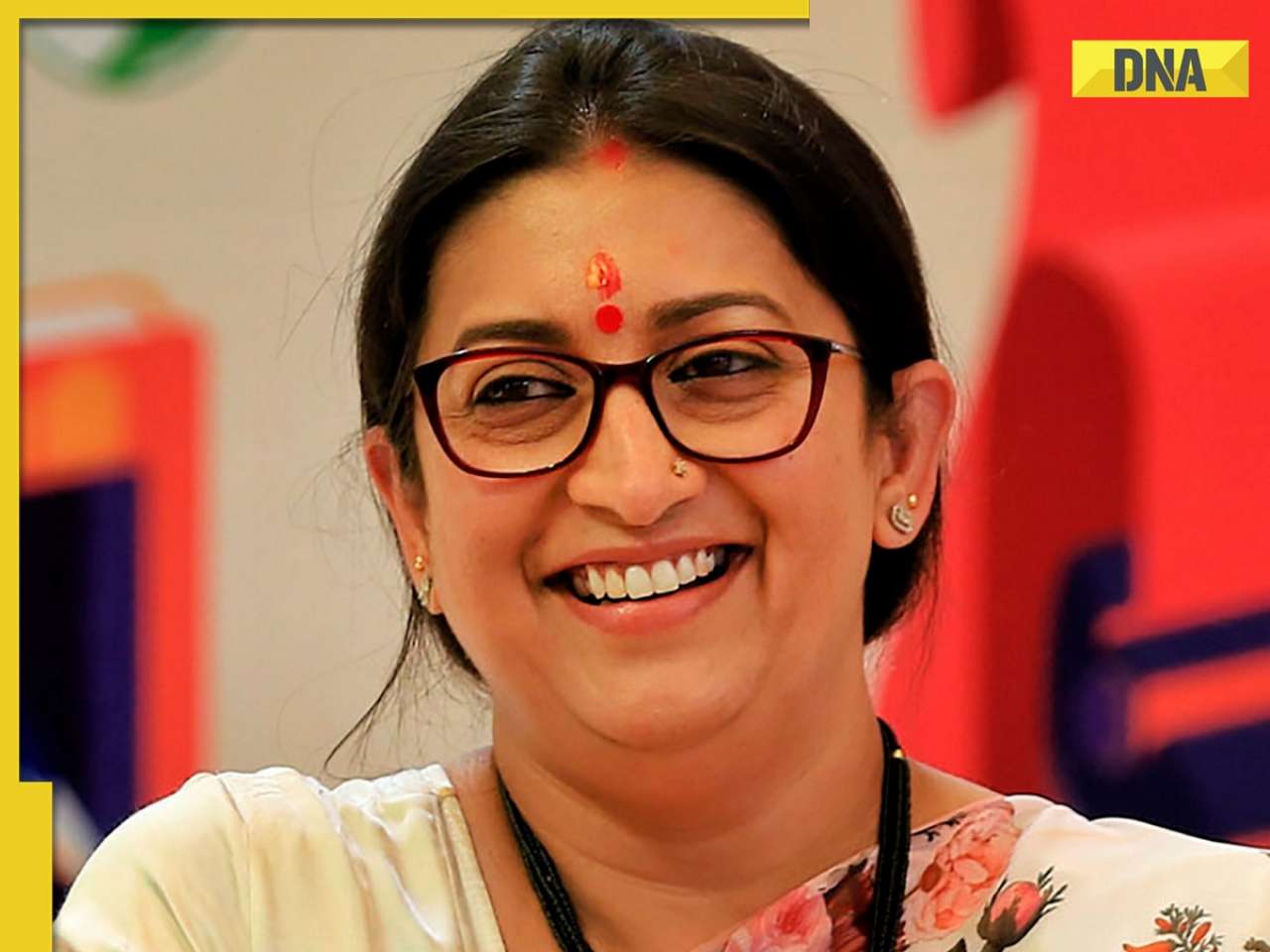You use space every day without even realizing it. For instance, when you drive to work and use Google Maps, you are relying on GPS satellites. These space-based systems help your phone determine your exact location and give you real-time directions.
When people think of space, they often imagine stars, the endless universe and the special group of astronauts who get to see Earth from above. But there is a big issue: most people see space as distant and unreachable, even though it is a part of their everyday lives.
This lack of awareness is risky for the space sector, especially for public space agencies. They need to justify their existence and funding more than ever—especially now, with the rise of private space companies and climate change regulations.
The Ubiquitous Satellite in Our Lives
You use space every day without even realizing it. For instance, when you drive to work and use Google Maps, you are relying on GPS satellites. These space-based systems help your phone determine your exact location and give you real-time directions.
When you buy a coffee for a colleague using a credit card or mobile wallet, satellites help send the transaction data securely from your device to the payment processor and provide a timestamp for the purchase.
When you get home and turn on the lights, the electricity grid powering your home is, probably, managed using satellite communication. Satellites help monitor and control the power generation and distribution systems, ensuring you have a steady supply of electricity.
The same is true for the finance sector. It relies on satellite timestamps to process transactions. If communication were lost, the world’s economic systems would come to a halt. Space impacts every part of our daily lives and many industries, but its influence is often overlooked by both the general public and professionals who depend on space systems.
People Unaware of Impact of Space
That people are quite in the dark about the impact of space on our daily lives is not really surprising. Space agencies have not communicated this efficiently and some organizations prefer to keep member-states or countries and the public from getting too involved in its governance. However, for their benefit, this needs to change for several reasons.
Firstly, to ensure space agencies receive funding, politicians need to understand the importance of space beyond just potential Mars colonization and military uses. In Organization for Economic Cooperation and Development (OECD) countries—a group of 38 developed nations committed to democracy and market economy, collaborating on economic and social policies—key infrastructures and services, such as transportation, energy, food supply and law-enforcement already rely on space-based systems.
If satellites stopped working, the global economy could crash. Space agencies need money to keep their services strong and safe. People need to understand why space is important for this to happen. However, as seen in the European election programmes this June, space activities get little attention. People still see space as a separate issue, not realizing that it supports many of Europe’s main activities.
Many organizations and charities working to combat climate change rely on data from Earth observation (EO) satellites. According to the OECD, observations based on space provide more than 50% of the critical variables needed to monitor climate change.. But, if you ask any employee from those organizations, they will rarely mention how important space is to their work. Key OECD members include the US, UK, Japan and Germany. Non-members, such as China and Russia, are, sometimes, seen as economic rivals or emerging competitors.
Understanding Benefits of Space Tech
To ensure people back space activities and to tackle challenges on Earth and in space better, everyone needs to understand the benefits of space technology. It is especially important to show these benefits through non-profit efforts. As climate change worsens and we need to explain the emissions from public activities, this understanding is more important than ever before.
There are many ways to show people why space is important:
First, there should be better communication and outreach. Space agencies need a strong communication plan to help people see that space is more than just Elon Musk. This is especially true for European space agencies, which need to change their mindset. They often avoid modern communication strategies because they do not want to seem like flashy Americans. But this might be needed to get the public’s attention and increase awareness.
Flashy Outreach Methods Are Needed
An American-style approach to communication could include many new outreach methods. These might involve launching big advertising campaigns to show the benefits of space to everyone, sponsoring movies and TV shows that highlight different space agencies, making sure media mentions of specific space projects include the name of the space agency involved. The outreach methods may even include sponsoring video game contests to attract tech talent for space jobs. It is important to actively engage people outside the space community and explore creative ways to reach out.
For instance, in Europe, people often hear about ‘Copernicus’—a EU programme focused on Earth observation—but do not know they are EO satellites, or that the European Union (EU) Space Program and ESA are involved. The programme provides accurate and timely data about the planet’s environment to help with climate monitoring, disaster management and various other applications. The programme uses a network of satellites to collect this data.
Another idea is to create a ‘Fresk for Space’ initiative similar to the successful ‘Fresk for Climate’ campaign in France. ‘Fresk for Climate’ uses collaborative workshops to educate people about climate change. This would involve setting up seminars and interactive workshops in schools, businesses and government offices to teach people about the importance of space and the challenges that the sector faces. This could spark scientific curiosity and encourage young minds to pursue STEM fields, while also teaching older generations about the importance of space activities.
Space Agency-Private Co. Partnerships
Finally, stronger partnerships between space agencies and private companies are needed, especially by sharing data with businesses outside the space industry. Some efforts are already in progress, but more partnerships and incentives could motivate private companies to use open-source space data. This would help more people appreciate the benefits of space activities.
India, with its successful space missions, such Chandrayaan and Mars Orbiter, has the unique opportunity of increasing space awareness among its population. The Indian Space Research Organisation (ISRO) has achieved several significant milestones in low-cost space technology and satellite applications. By highlighting how ISRO’s innovations contribute to agriculture, disaster management and rural development, India can inspire its youths and showcase the practical benefits of space exploration. This approach could serve as a model for other developing nations to prioritize space initiatives and demonstrate how space technology can address national challenges.
Overall, people need to be more aware of everything related to space. Since space is crucial for many industries, both decision-makers and voters need to be better educated on the topic. This is the only way to prevent a situation where satellites become a single point of failure for everything we do on Earth.
(The author of this article is a Defence, Aerospace & Political Analyst based in Bengaluru. He is also Director of ADD Engineering Components, India, Pvt. Ltd, a subsidiary of ADD Engineering GmbH, Germany. You can reach him at: girishlinganna@gmai.com)
(Disclaimer: The views expressed above are the author's own and do not reflect those of DNA)
 This city is world’s most student friendly, 4 Indian cities also feature in list with the most affordable city being...
This city is world’s most student friendly, 4 Indian cities also feature in list with the most affordable city being... 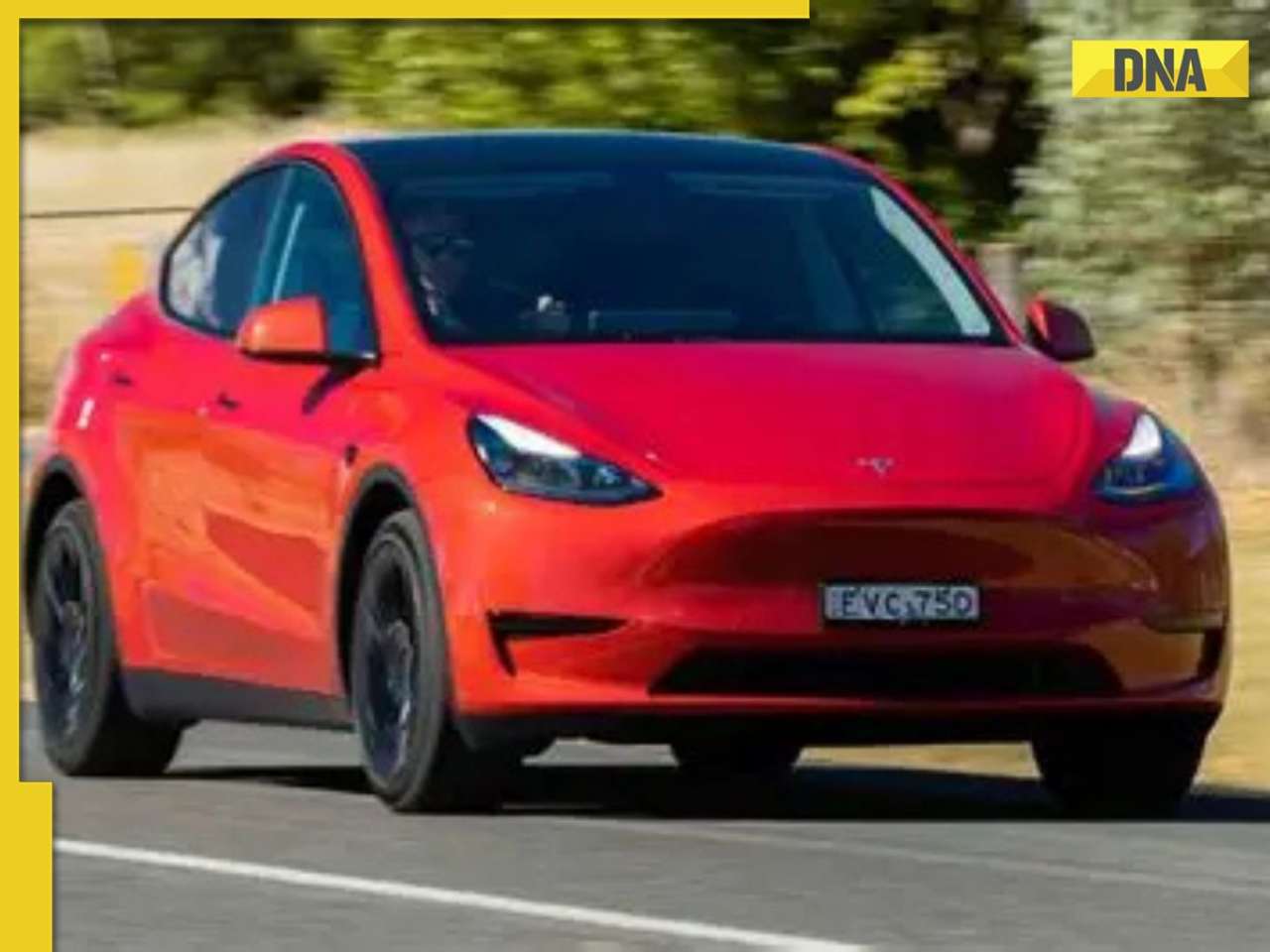 Tesla cars will be priced cheaper in Delhi and Mumbai than Gurugram, here’s why, check cost difference here
Tesla cars will be priced cheaper in Delhi and Mumbai than Gurugram, here’s why, check cost difference here Donald Trump makes BIG proposal to Ukraine over Russia war, asks Zelenskyy, 'Can you hit...'
Donald Trump makes BIG proposal to Ukraine over Russia war, asks Zelenskyy, 'Can you hit...' DNA TV Show: US President Donald Trump gives Putin 50-day deadline to end war with Ukraine
DNA TV Show: US President Donald Trump gives Putin 50-day deadline to end war with Ukraine Siddhant Chaturvedi, Triptii Dimri react to Dhadak 2 being delayed due to CBFC issues: 'It took 3-4 months extra but...'
Siddhant Chaturvedi, Triptii Dimri react to Dhadak 2 being delayed due to CBFC issues: 'It took 3-4 months extra but...' What is brain fog? 7 Ways to overcome it
What is brain fog? 7 Ways to overcome it Sawan 2025: Move beyond Tip Tip Barsa Paani, this rainy season groove on these sizzling songs
Sawan 2025: Move beyond Tip Tip Barsa Paani, this rainy season groove on these sizzling songs Kang Seo‑ha to Kim Sae‑ron: K‑drama, K-pop icons we lost recently
Kang Seo‑ha to Kim Sae‑ron: K‑drama, K-pop icons we lost recently Our Golden Days, My Lovely Journey, Beyond the Bar: 8 must-watch K-dramas in August 2025
Our Golden Days, My Lovely Journey, Beyond the Bar: 8 must-watch K-dramas in August 2025 Parents-to-be Rajkummar Rao and Patralekhaa: What makes their family ties so strong
Parents-to-be Rajkummar Rao and Patralekhaa: What makes their family ties so strong Odisha Girl Self Immolation Case: Odisha CM Announces Rs 20 Lakh Aid For Kin Of Balasore Student
Odisha Girl Self Immolation Case: Odisha CM Announces Rs 20 Lakh Aid For Kin Of Balasore Student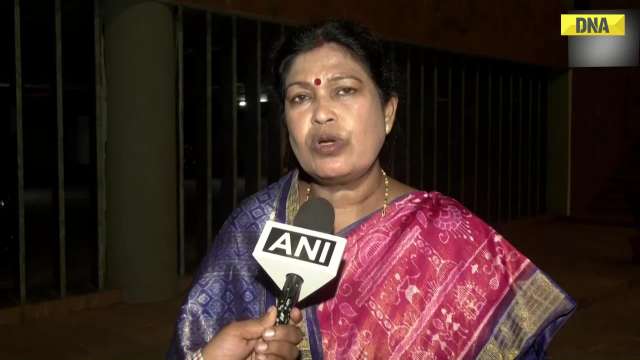 Odisha Girl Self-Immolation Case: BJD leader Slams Odisha Govt After Balasore Student Dies
Odisha Girl Self-Immolation Case: BJD leader Slams Odisha Govt After Balasore Student Dies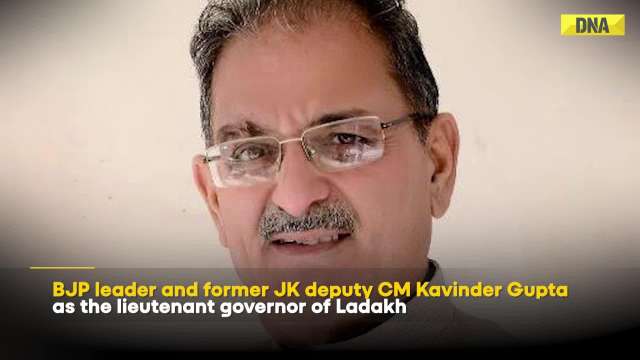 President Murmu Appoints New Governors For Haryana, Goa; Kavinder Gupta Named LG Of Ladakh
President Murmu Appoints New Governors For Haryana, Goa; Kavinder Gupta Named LG Of Ladakh Bombay Stock Exchange Receives Bomb Threat From 'Comrade Pinarayi Vijayan', '4 RDX IED In Building'
Bombay Stock Exchange Receives Bomb Threat From 'Comrade Pinarayi Vijayan', '4 RDX IED In Building' India Pakistan News: New Paramilitary Force In Pakistan Sparks Crackdown Fears
India Pakistan News: New Paramilitary Force In Pakistan Sparks Crackdown Fears Tesla cars will be priced cheaper in Delhi and Mumbai than Gurugram, here’s why, check cost difference here
Tesla cars will be priced cheaper in Delhi and Mumbai than Gurugram, here’s why, check cost difference here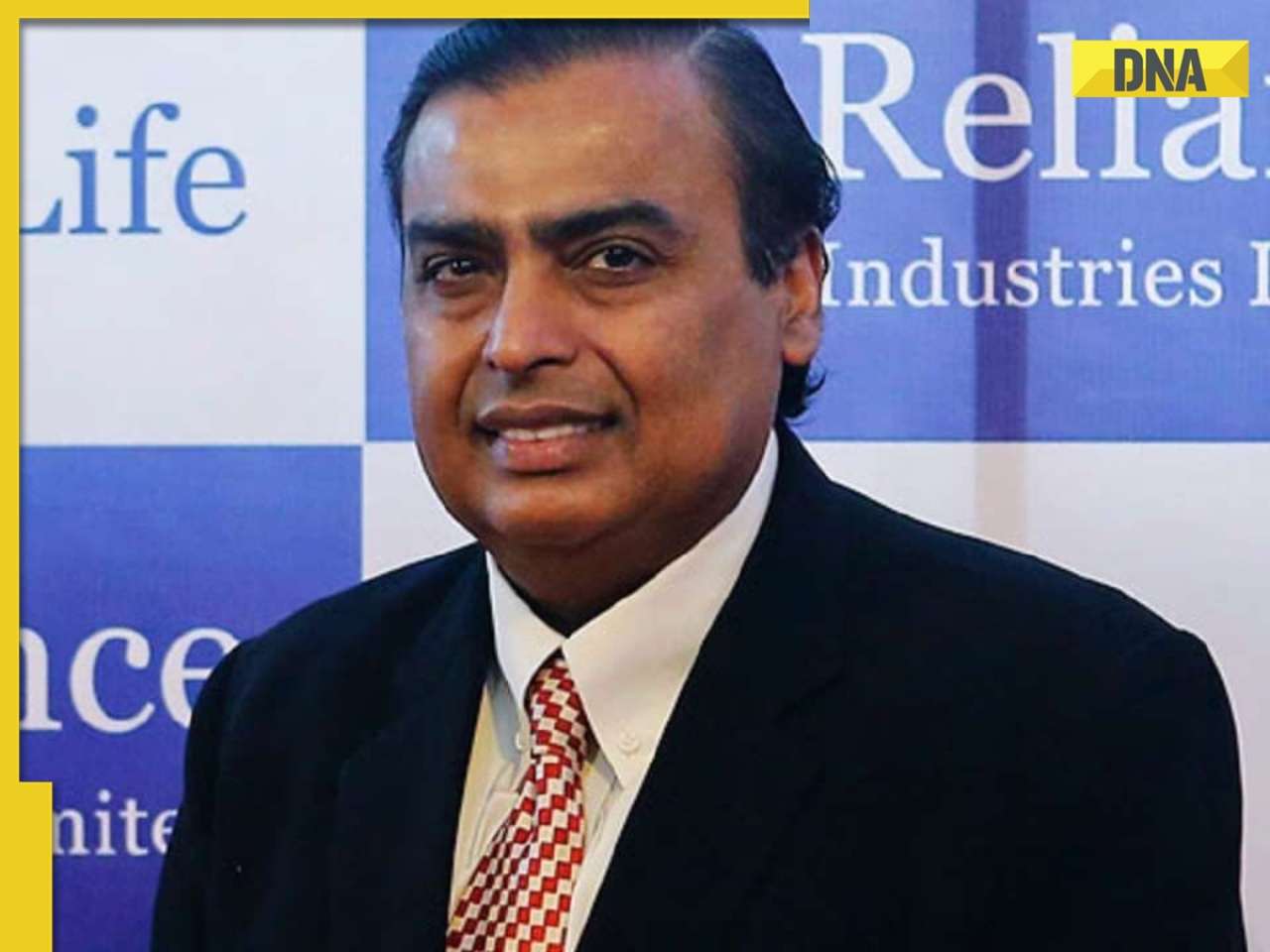 Mukesh Ambani's Reliance's BIG win as Delhi HC directs e-commerce platforms to...
Mukesh Ambani's Reliance's BIG win as Delhi HC directs e-commerce platforms to... UIDAI shares BIG update on children above 7 with Aadhaar: 'To face risk of...'
UIDAI shares BIG update on children above 7 with Aadhaar: 'To face risk of...' Meet woman who started as trainee, will now become CEO of..., won major award at Cannes, she is...
Meet woman who started as trainee, will now become CEO of..., won major award at Cannes, she is... 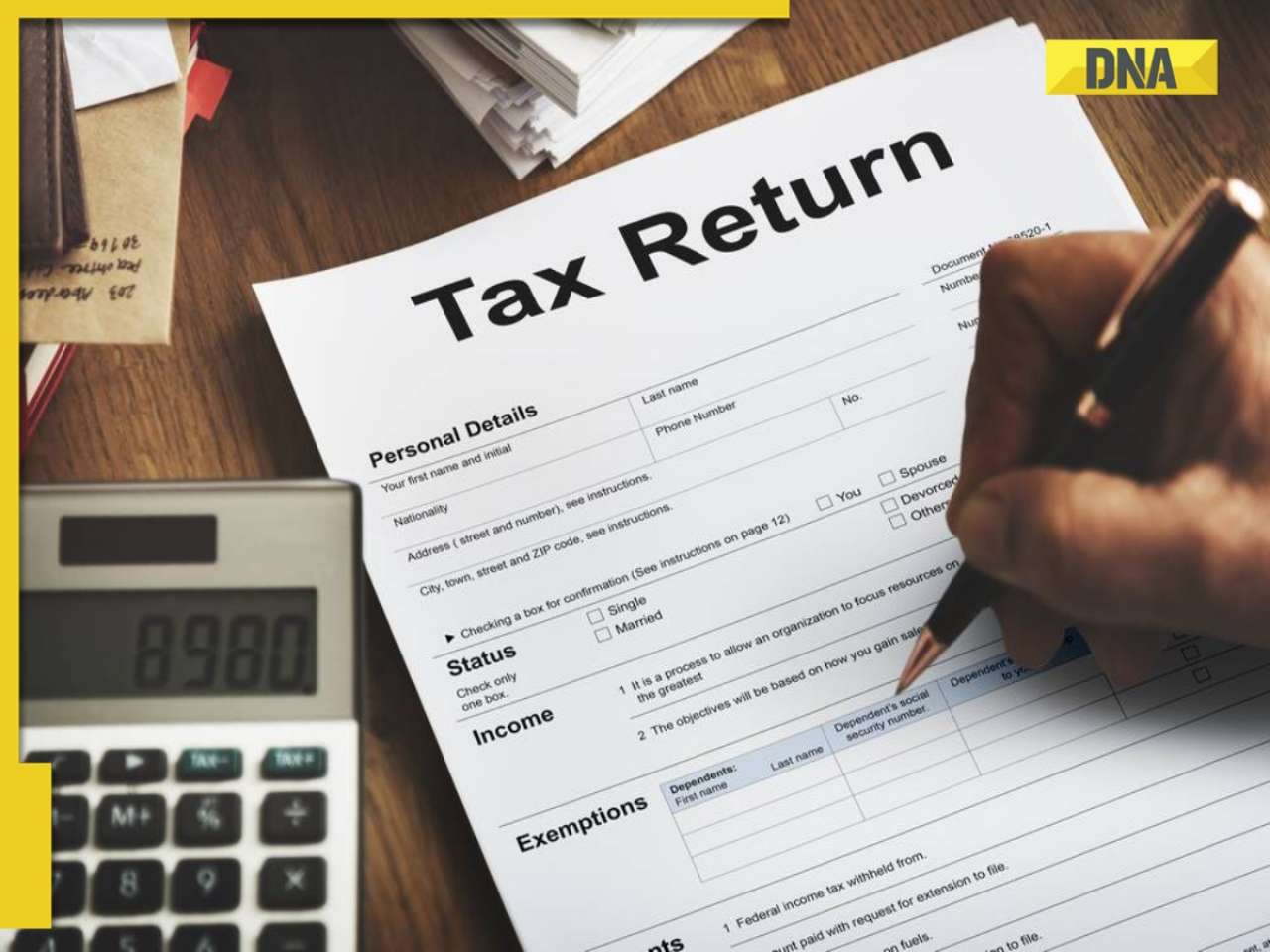 ITR Filing AY 2025-26: Last date NOT same for all, check your date if you are...
ITR Filing AY 2025-26: Last date NOT same for all, check your date if you are... Then and now: What Daniel Radcliffe, Emma Watson, Rupert Grint and more Harry Potter cast members doing now?
Then and now: What Daniel Radcliffe, Emma Watson, Rupert Grint and more Harry Potter cast members doing now? Which Visa lets you travel to multiple countries? Learn about Visas that fit your needs
Which Visa lets you travel to multiple countries? Learn about Visas that fit your needs Chhoriyan Chali Gaon contestants list out: Anita Hassanandani, Aishwarya Khare, and others join Rannvijay Singha's show
Chhoriyan Chali Gaon contestants list out: Anita Hassanandani, Aishwarya Khare, and others join Rannvijay Singha's show Laapataa Ladies' Pratibha Ranta returns in Revolutionaries with Bhuvam Bham, Rohit Saraf: All you need to know about Nikkhil Advani's series
Laapataa Ladies' Pratibha Ranta returns in Revolutionaries with Bhuvam Bham, Rohit Saraf: All you need to know about Nikkhil Advani's series Ananya Panday's vacation photos go viral: A peek into her sun-kissed moments, beach outfits, and carefree vibes
Ananya Panday's vacation photos go viral: A peek into her sun-kissed moments, beach outfits, and carefree vibes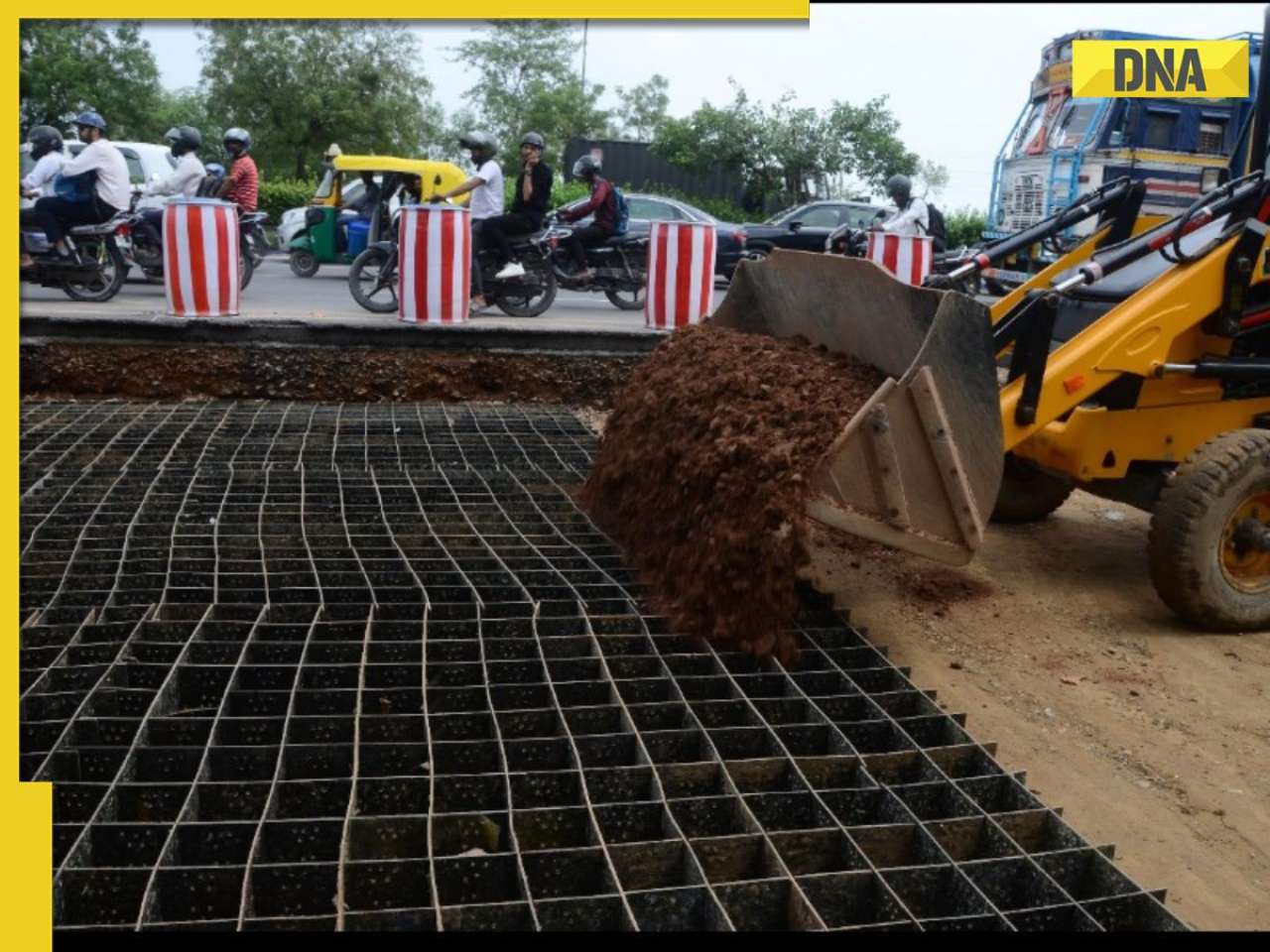 India's first plastic road to be built with Geocell Technology in..., know all about this sustainable initiative
India's first plastic road to be built with Geocell Technology in..., know all about this sustainable initiative 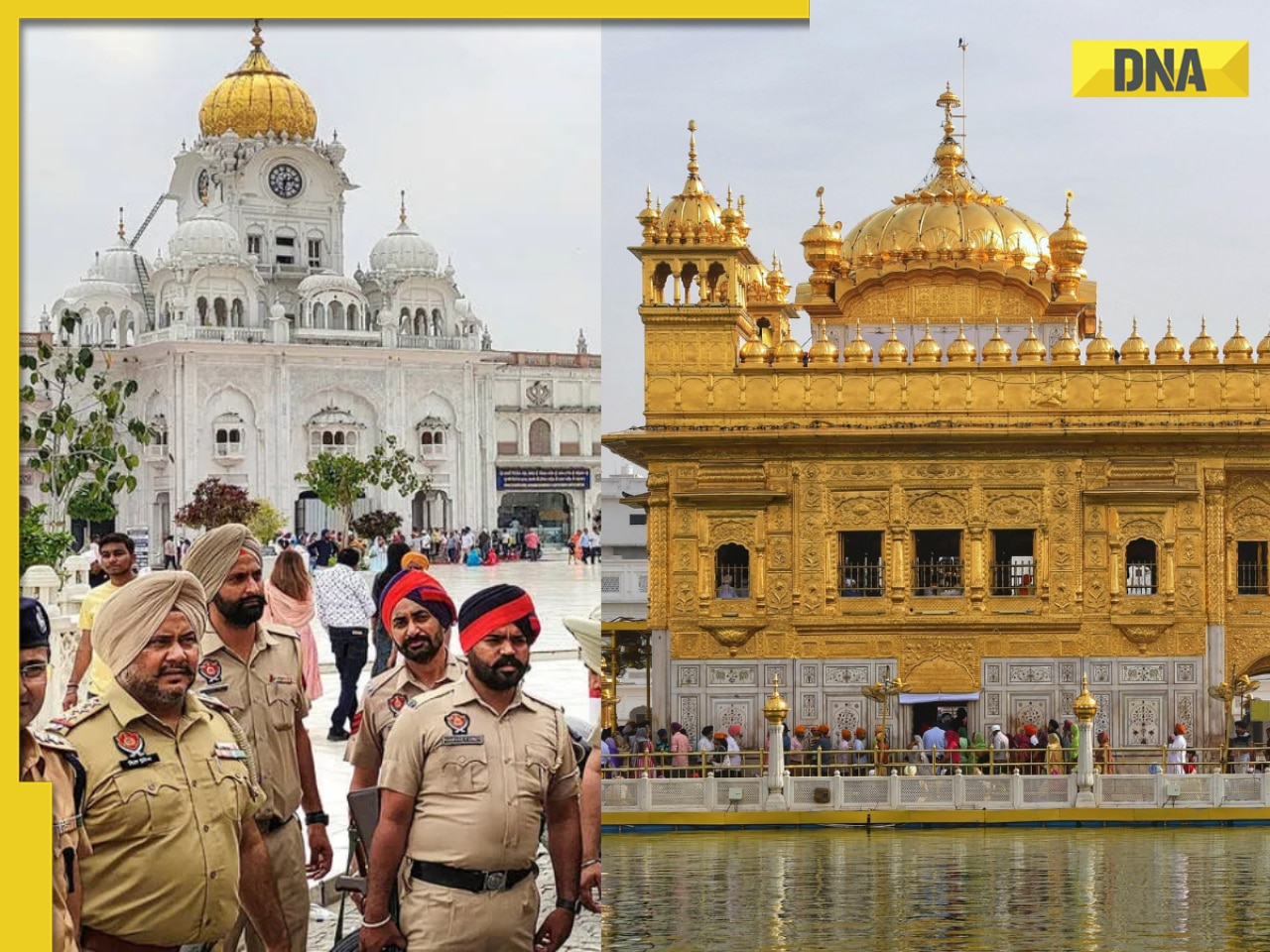 Golden Temple receives bomb threat again, second RDX email in 24 hours, probe underway
Golden Temple receives bomb threat again, second RDX email in 24 hours, probe underway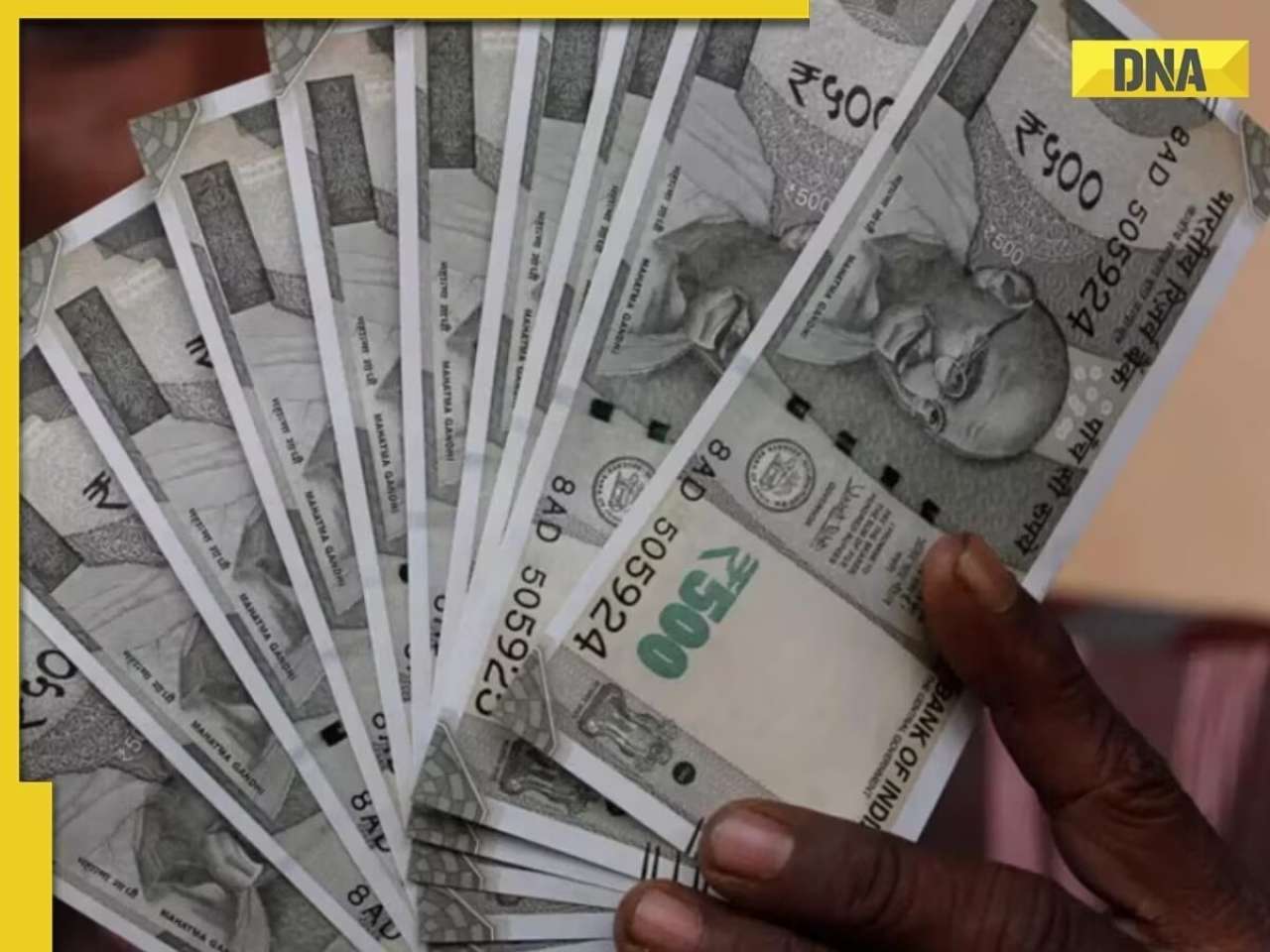 Rs 10000000000: Indians losing huge amount of money every month due to...
Rs 10000000000: Indians losing huge amount of money every month due to... DNA Verified: Samosa, jalebi, other Indian snacks to carry health warning labels? Know the truth here
DNA Verified: Samosa, jalebi, other Indian snacks to carry health warning labels? Know the truth here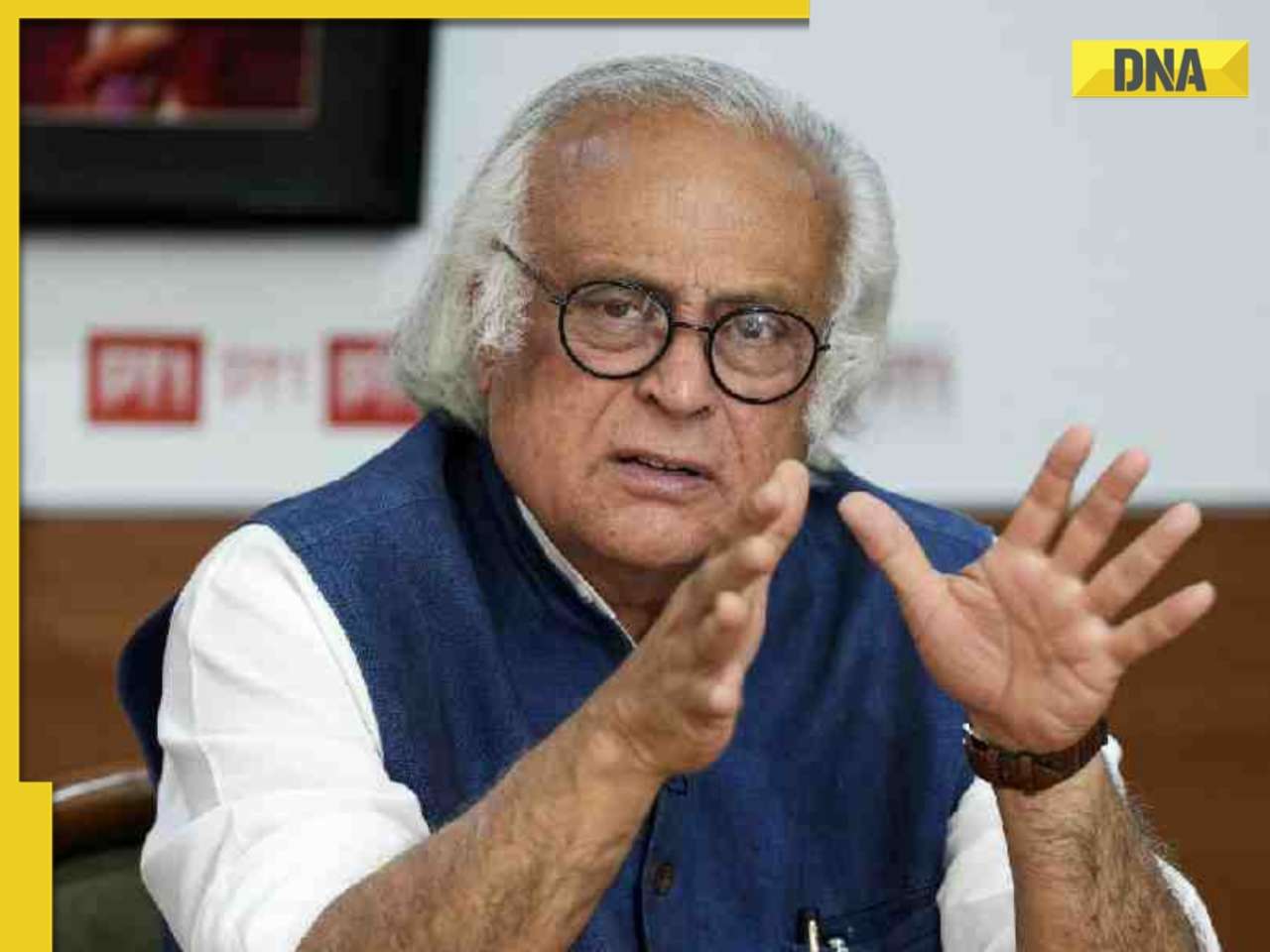 '65 days, 22 times’: Congress leader Jairam Ramesh slams BJP as US President Trump again claims credit for India-Pakistan ceasefire
'65 days, 22 times’: Congress leader Jairam Ramesh slams BJP as US President Trump again claims credit for India-Pakistan ceasefire Who is IAS officer Arpit Sagar who Fined NHAI for..., served in high-ranking administrative roles, she’s from...
Who is IAS officer Arpit Sagar who Fined NHAI for..., served in high-ranking administrative roles, she’s from... 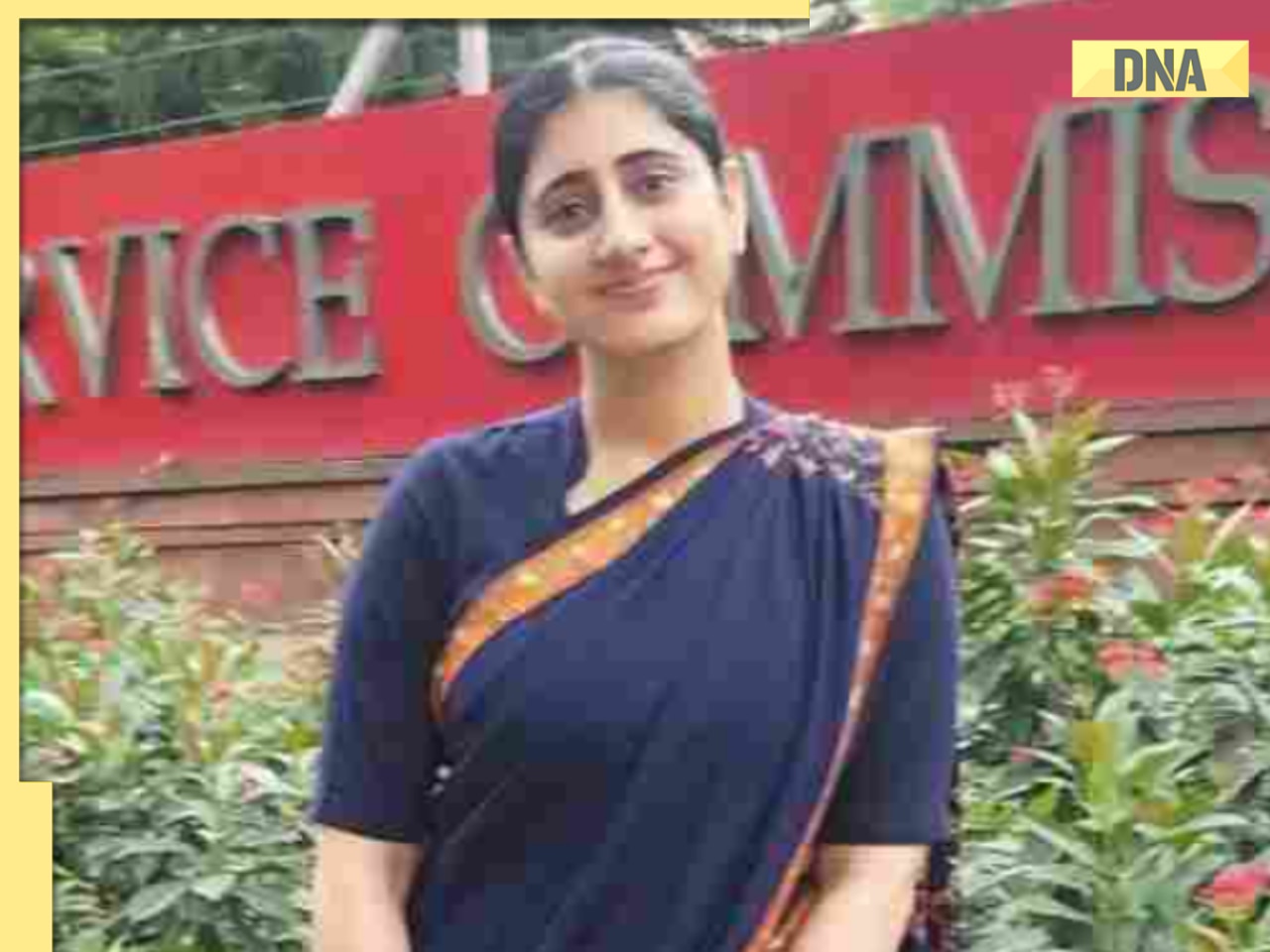 Meet woman who left high-paying job in Switzerland for UPSC exam, secured AIR...; married to IAS, she is now...
Meet woman who left high-paying job in Switzerland for UPSC exam, secured AIR...; married to IAS, she is now... Meet woman who failed in NEET, UPSC exams, later secured Rs 72 LPA job at THIS aviation giant to become the youngest...
Meet woman who failed in NEET, UPSC exams, later secured Rs 72 LPA job at THIS aviation giant to become the youngest... This auto driver speaks 7 languages, did double MA, worked in MNCs, wanted to become IAS officer then..., is now going viral for..
This auto driver speaks 7 languages, did double MA, worked in MNCs, wanted to become IAS officer then..., is now going viral for.. Meet 19-year-old boy who took family responsibilities after his father's demise, cracked JEE Main with 9 to 5 job, his AIR was..., he wants to...
Meet 19-year-old boy who took family responsibilities after his father's demise, cracked JEE Main with 9 to 5 job, his AIR was..., he wants to... This luxury car is first choice of Indians, even left BMW, Jaguar, Audi behind in sales, it is...
This luxury car is first choice of Indians, even left BMW, Jaguar, Audi behind in sales, it is... Kia India unveils Carens Clavis: Check features, design changes, price and more; bookings open on...
Kia India unveils Carens Clavis: Check features, design changes, price and more; bookings open on... Tesla CEO Elon Musk launches most affordable Cybertruck, but it costs Rs 830000 more than older version, it is worth Rs...
Tesla CEO Elon Musk launches most affordable Cybertruck, but it costs Rs 830000 more than older version, it is worth Rs... Planning to buy a Maruti Suzuki car? Prices set to rise by 4% from...
Planning to buy a Maruti Suzuki car? Prices set to rise by 4% from... Audi launches Audi RS Q8 2025 in India: Know price, specifications and unique features
Audi launches Audi RS Q8 2025 in India: Know price, specifications and unique features 




)
)
)
)
)
)
)
)
)
)
)
)
)
)
)
)


